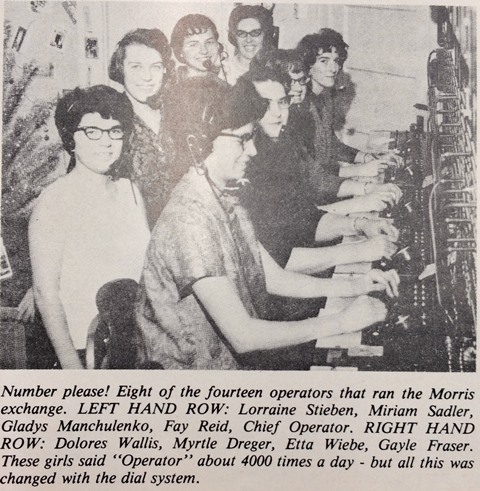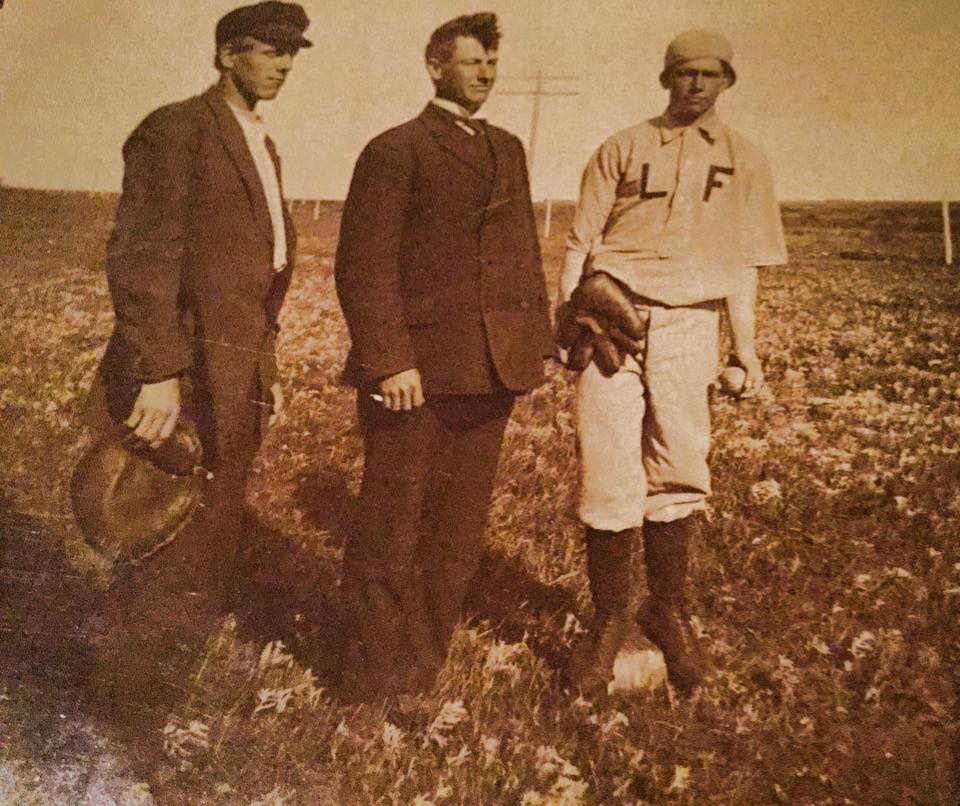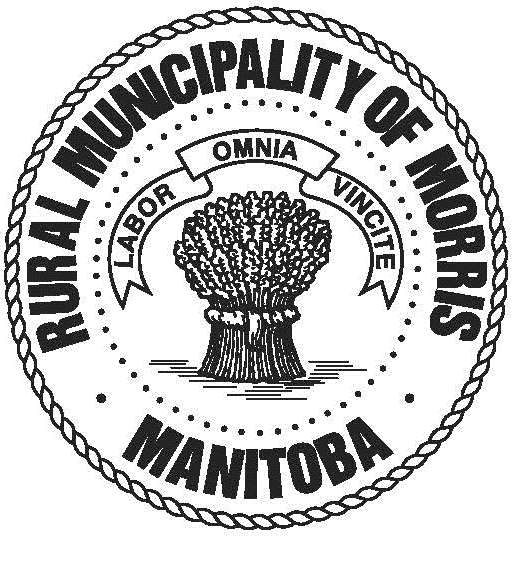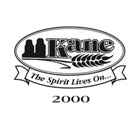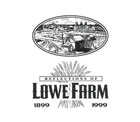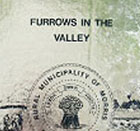November 30th, 2012
Heinrich Ratzlaff, first mayor of Rosenort, Manitoba, upon seeing the land near the Scratching River, wrote the following words in German on the trunk of a dead tree. “ It is good to be here, let us build our homes.”
In 1874, 31 Russian Mennonite families moved to the banks of the Scratching River near Morris.
David Klassen, a delegate who explored migration to North America in 1873, chose the land near Morris because it was highly fertile, near Winnipeg by road, well-drained for early spring seeding and easy to cultivate since it was free of rocks and trees. That first year two villages were settled – Rosenort and Rosenhoff (now Riverside).
During the winter of 1874-75, the Scratching River settlers coped in a variety of ways. In fall Ratzlaff built a house 20’X 26’ with a basement together with his brother-in-law. At the west end they attached a serrai which housed 2 horses, two oxen and two cows. The paper insulated walls did little to protect them from a harsh winter and potatoes froze in the cellar. David Klassen took his extended family and moved to Winnipeg near Broadway and Main Street. They purchased cows, developed a milk delivery route and spent time learning the English language. A few others lived in four foot deep holes dug into the riverbanks with walls three feet high above ground with prairie grass for a roof. These housed up to 10 children, 2 adults and one cow. On January 6, 1875 the Reserve’s first Mennonite baby was born in one of these riverbank homes and named Johan F. Dueck.
In May of 1875 seeding began for these farmers. Due to the harsh winter, 7 or 8 families were discouraged and moved to the U.S. During the first years numerous trips were made to Winnipeg to purchase lumber, household goods, farm machinery, tools and staple foods. To maintain family and church relationships with those who settled in the East Reserve, the Aubigny ferry was well-used. The average family had broken 32 acres of virgin prairie soil by the second year of settlement and a government report of 1876 stated that most families had well built houses, large herds of cattle, oxen and horses, fine clean gardens, a variety of farm machinery including threshing machines and the best fields of grain of any country. Recreational activities were few for these hard-working farmers but free time was spent visiting, horseback riding and fishing.
Church services and school were held in a large room in private homes on a rotational basis: monthly at each residence in both of the villages. The first church service noted was that of Ratzlaff’s mother who died in the first few days after arrival. The pioneers sang and wept under the open prairie sky. In 1879 Rosenort and Rosenhoff became public district schools and received grants from the government with the right to continue religious instruction, to keep the German language and to maintain private control over teaching.
In the next 125 years the communities of Rosenort-Riverside experienced many triumphs and tragedies. Descendants of these hardy pioneers have survived several floods and a few years of drought. Church buildings have been outgrown, moved, burned, flooded and been replaced or rebuilt. There are very few cattle, oxen and horses in the area but the families still have well-built homes, fine gardens and a wealth of top of the line farm machinery. Agricultural products such as augers, grain bins, truck boxes and drill fills, are manufactured in the community and exported. Fertilizer, seed and feed companies amply supply local demands. Whereas 80% of cultivated farmland used to be seeded to wheat, farmers have diversified and canola, oats, sunflowers, lentils and other specialty crops have been added. Large hog farms dot the landscape as well.
At the end of this millennium, Rosenort boasts over 150 homes while the rural area of Riverside has approximately 50 homes. Expression of faith is found in the four area churches – all Mennonite. Youth involvement in church is still thriving. Education is of primary importance and the K-12 school maintains high academic standards with a steady student population of 200+. A great resource is the volunteers and this is demonstrated best with the fire department. A credit union and a Co-op grocery store reflect the value of common resources. A florist and the local tea-house add zest to life. A gas station, a post office and the car dealership provide needed services. Rosenort is also a retirement community with three senior’s complexes in place and a project planned for the next millennium. Recreational needs are met with two parks, an indoor hockey arena and a vintage tractor club. The two printing presses are busy creating quality books and providing advertising for the many community businesses. The Scratching River Reserve has evolved into an industrious, prosperous community that has been blessed by the faith of our forefathers and the faithfulness of God.
Thank-you Lorilee Scharfenberg for sharing your article with us. We appreciate your historical insight and interest for your community!
-published in the Winnipeg Free Press Summer 1999 for 125th Anniversary
Copyright © 2001 Lorilee Scharfenberg.

